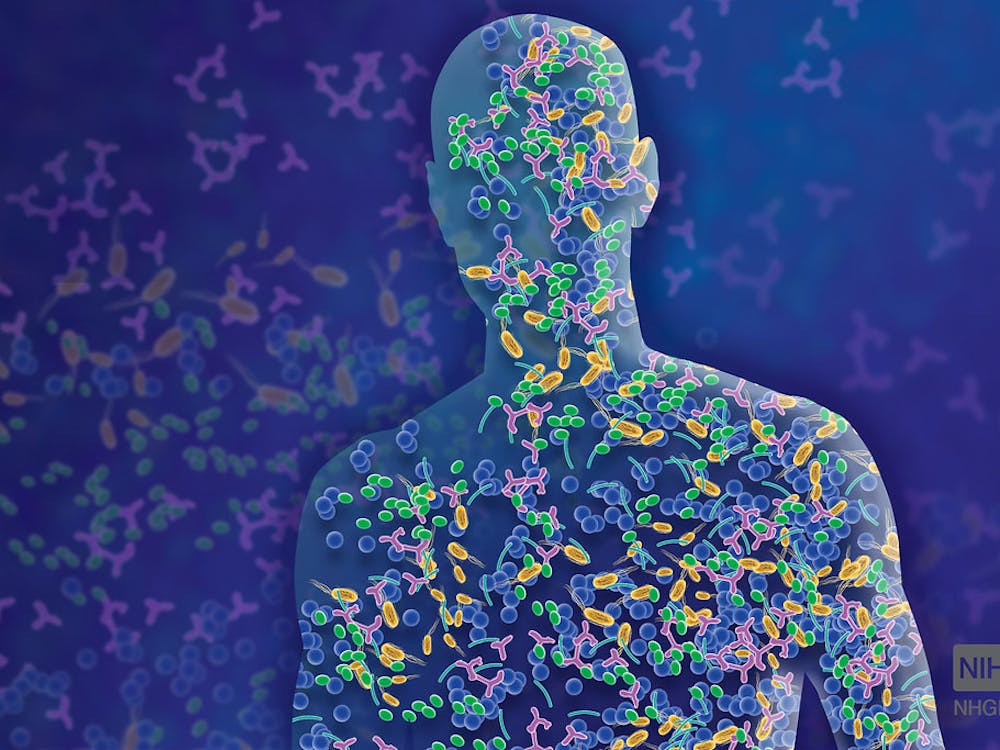In the past week, Ebola has turned from a threat on a distant continent to something very real for Americans. Thomas E. Duncan is the first person to be diagnosed with Ebola in the United States, as confirmed by the Centers for Disease Control (CDC) on Sep. 30. Duncan died from the disease yesterday in a Dallas hospital.
Duncan, a Liberian citizen, had arrived to Dallas from Monrovia, Liberia on Sept. 20, but he did not develop symptoms until Sept. 24, several days after his arrival. According to the CDC, those infected with Ebola are not contagious until they show symptoms of the disease.
While he admitted himself to the Texas Health Presbyterian Hospital, he was sent home because he neither displayed symptoms of Ebola nor reported a recent trip to a country that has a Level 3 Warning of prevalence of Ebola. Doctors readmitted him to the hospital on Sept. 26 due to severe abdominal pain and confirmed that he in fact had contracted Ebola.
Duncan’s relatives and those who had been in close proximity to him after he arrived have been screened for Ebola, with only negative results.
Ebola is difficult to detect because doctors in the U.S. aren’t normally looking for it. Also, its symptoms, which include fever and impaired kidney and liver functions, are characteristic of many other diseases such as malaria. There is no way to tell for sure if someone has Ebola without a screening for the virus. The incubation period of the Ebola virus is 21 days, which is why Duncan didn’t display symptoms until days after his arrival in the U.S.
Reports also surfaced about Ebola cases in Rockville, Md. and Washington D.C., but both hospitals later released the patients and reported that they do not have Ebola. The CDC reports that it is well-equipped to deal with Ebola in the U.S., and that citizens should not worry about its spread given that there has only been one confirmed case in the U.S. Nevertheless, many Americans are now on edge, particularly after Duncan’s death.
Airports are now screening for Ebola at security checkpoints, and even feeling sick on an airplane, which many passengers do on a daily basis, has triggered a response from the CDC: CNN reported on Saturday that a man who had traveled to Newark Liberty International Airport from West Africa was taken, immediately upon landing, by CDC officials to University Hospital in Newark simply because he had vomited on the plane. Later, it was revealed that he had an illness that was minor and completely unrelated to Ebola.
In an interview with The New York Times, an anonymous UPS deliverer reported that he regularly wears gloves to deliver packages to the Ivy Apartment Complex, where Duncan stayed immediately after exposure to the disease.
Hopkins students are more optimistic, however. When asked whether they expected Ebola to ever arrive in Baltimore, freshmen Annapurna Vadaparty and Irving Nestor both said that they didn’t.
On Sept. 16, U.S. President Barack Obama sent 3,000 U.S. military personnel to Liberia to set up 17 new Ebola treatment units. They will also train 500 new healthcare providers a week.
Freshman Kendall Reitz explained what he took to be U.S. President Barack Obama’s rational for providing international aid now, even though the virus has been ravaging West Africa since March.
“Obama sent help when he did because it coincided somewhat with the release of information that there would be over a million cases of Ebola by December if the spread continued like it had been,” Reitz said.
In a report published on Oct. 1, Save the Children, an international charity, stated that Ebola infects five new people every hour in Sierra Leone alone, and the rate is expected to double to ten per hour by the end of October.
While the fatality rate for Ebola has in the past ranged from 25 to 90 percent, this outbreak’s fatility rate lies around 70 percent, according to figures released by the World Health Orgnization (WHO).
In a special UN meeting in September regarding Ebola, Obama argued that containing Ebola is a security issue, in addition to an international health issue.
Freshman Heidi Woll further echoed these national security concerns.
“A public health crisis is always a security issue, no matter its epicenter.... with the number of deaths in West Africa currently in the thousands, it is a mistake to assume that terror is only a product of man-made violence, and an even larger mistake to assume that the virus will mainly remain in the confines of African territory for long,” freshman Heidi Woll said.
Duncan’s disagnosis and subsequent death has served as an indicator that Ebola can, and has, reached the U.S.






















Please note All comments are eligible for publication in The News-Letter.